Is the US in a proxy war with Russia?
The short answer: it depends on how the term is defined, says Karen DeYoung, who speaks to experts on Washington’s continued involvement in Ukraine, and what its long-term objectives might be
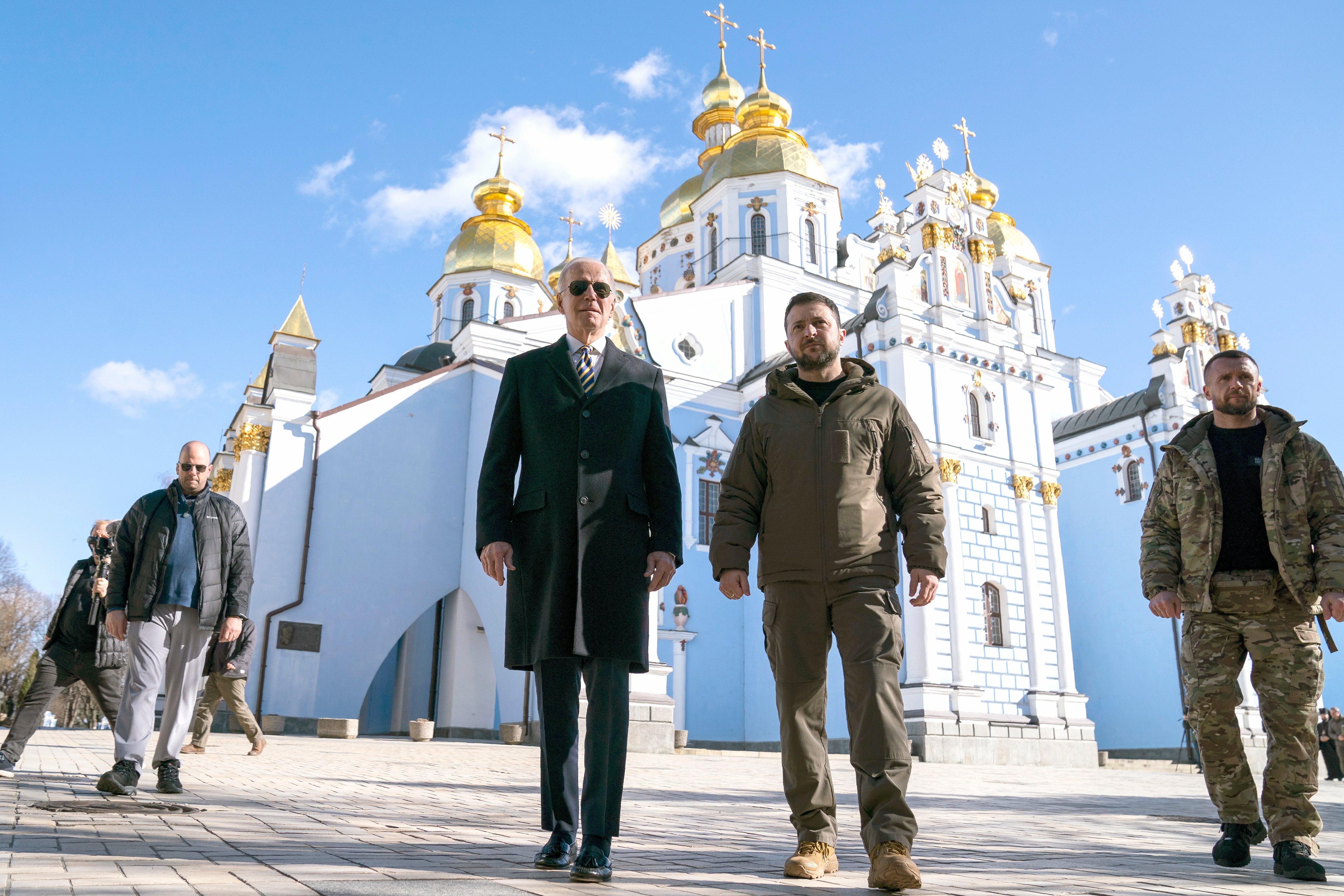
Three days before the anniversary of his Ukraine invasion on 24 February, Vladimir Putin outlined what he had learnt during a year of war. With its ever-increasing supply of sophisticated weapons, Putin said, the West was now using Ukraine as a “testing range” for its plans to destroy Russia.
Its goal was “to spark a war in Europe, and to eliminate competitors by using a proxy force,” he said in a presidential address. “They plan to finish us once and for all.”
Putin has come a long way since the morning of the invasion, when he outlined a brief “special military operation” that would permanently rescue breakaway regions of Ukraine – Crimea and part of the eastern Donbas region – from the “humiliation and genocide perpetrated by the Kyiv regime” during the previous eight years of low-level conflict.
“It is not our plan to occupy the Ukrainian territory. We do not intend to impose anything on anyone by force,” he said in remarks that now seem almost quaint in light of a brutal war to retain and expand Ukrainian territory now occupied by its troops.
But Putin’s more recent depiction of a Western-provoked war threatening Russia’s very existence has resonated, particularly in the global South, where some countries see the United States engaged in what they consider serial interventions around the world, and have declined to take sides.
Whether Ukraine has become a “proxy” war between great powers has itself become an intellectual and political battlefield. The word has a dictionary definition – a person or entity authorised to act for another. More popularly, it has come to mean sending someone else to do your own dirty work.
Scores of images recently leaked online, many with classified US military and intelligence assessments, illustrate how deeply the United States is involved in virtually every aspect of the war, with the exception of US boots on the ground.
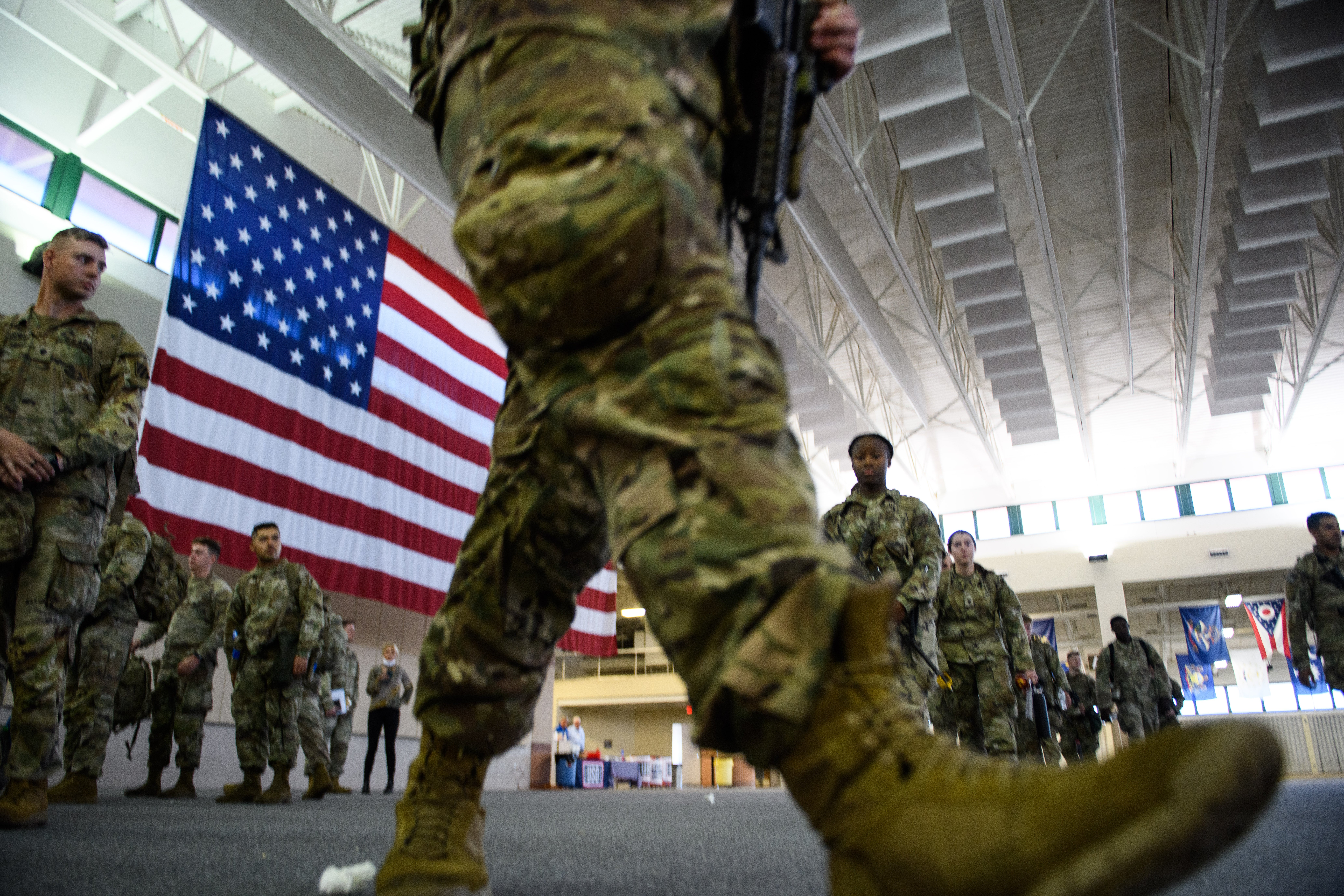
Maps illustrate troop locations, battle plans and likely outcomes on the battlefield down to the smallest towns, along with the location and strength of Russian defences. There are lists of weapons systems in use by both sides, casualty estimates, summaries of intercepted conversations and assessments of everything from special forces capabilities to expended ammunition.
The leaked documents confirm in detail that the United States is using its vast array of espionage and surveillance tools – including cutting-edge satellites and signals intelligence – to keep Kyiv ahead of Moscow’s war plans and help it inflict Russian casualties.
While some conservatives slam what Republican house speaker Kevin McCarthy has called Biden’s ‘blank cheque’ for Ukraine, others think the president has been too restrained in giving the country enough aid
But Biden officials adamantly reject the proxy label, noting that it is a defensive war Ukraine didn’t start and that Kyiv is fighting for its very survival. While the United States has a legitimate interest in the outcome, and a legal right to provide aid requested by another sovereign government, Ukraine is running operations on the ground.
“This is a war of choice by Putin,” defence secretary Lloyd Austin said in an interview. “We are not in a war with Russia, and we won’t be in a war with Russia ... It was Russia’s choice to begin with.”
That may be true, but the administration has given Ukraine more than $40bn (£32bn) in military and economic aid, along with sophisticated weapon systems on which it has trained Kyiv’s forces and real-time targeting assistance.
Some domestic critics of Biden’s policy openly echo Putin’s charge, if not necessarily his professed assessment that the Western goal is to eliminate Russia. Donald Trump, in a recent presidential campaign video, called the war a “proxy battle” and said the Biden administration was only “pretending to fight for freedom.” Instead, he said, Biden “globalists” were using it to distract Americans “from the havoc they’re creating right here at home”.
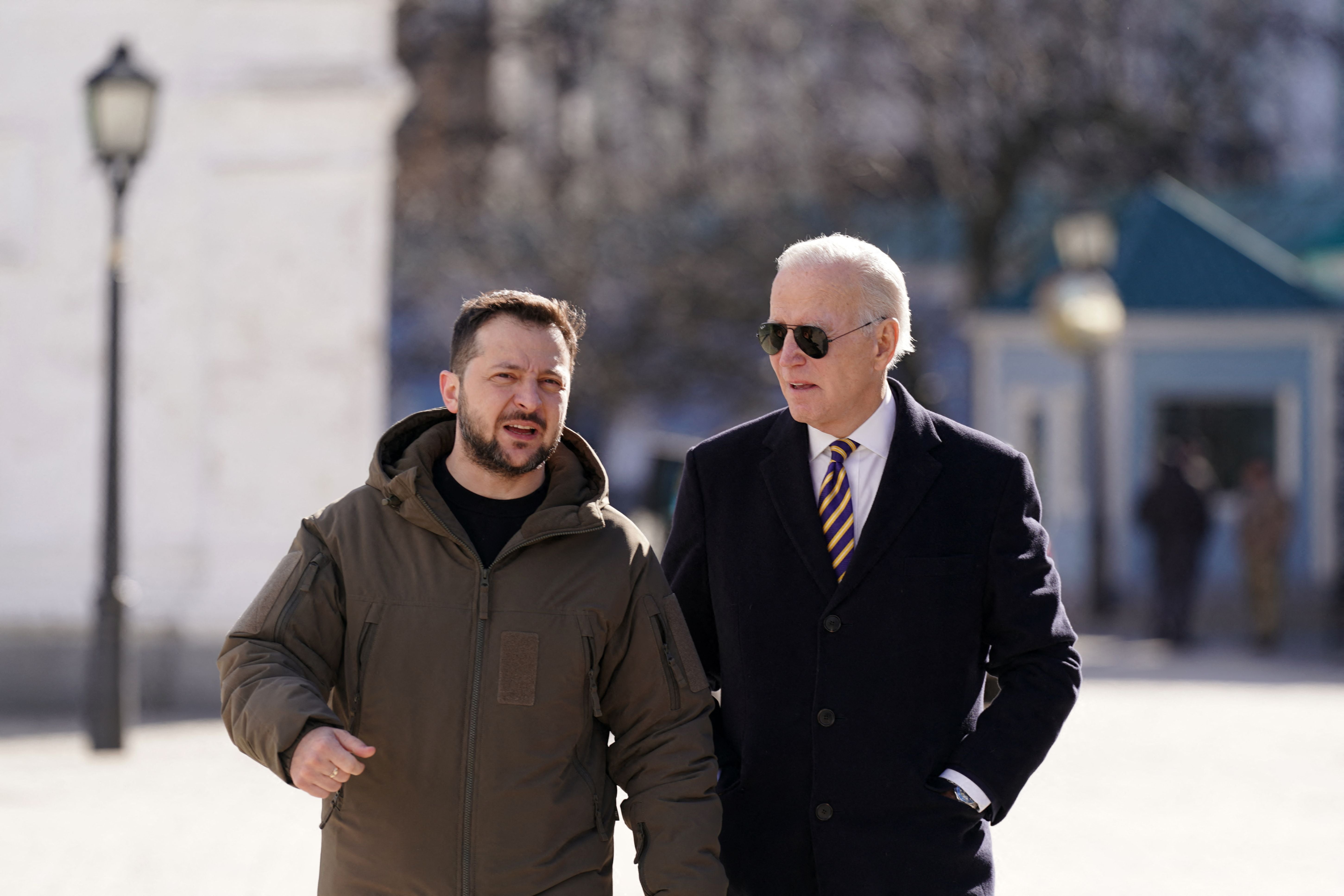
In a tweet last month, Marjorie Taylor Greene, a Republican representative in Georgia, said that the war was “ridiculous” and that Russia posed no danger to the United States or its Nato allies. “We are paying for ... a proxy war with Russia, when I’ve never seen Putin actually show in any detail his plans to invade Europe,” she added. “I don’t believe the lies that I’m being told about this.”
Although he later called Putin a “war criminal” Florida governor Ron DeSantis, an undeclared presidential contender, evinced a similar strain of isolationism during a February appearance on Fox & Friends. “I don’t think it’s in our interest to be getting into a proxy war with China, getting involved over things like the borderlands or over Crimea,” DeSantis said.
While some conservatives slam what Republican house speaker Kevin McCarthy has called Biden’s “blank cheque” for Ukraine, others think the president has been too restrained in giving the country enough aid. “If you want to fight a proxy war against Vladimir Putin’s vindictive, brutal, destructive desire to be remembered as Peter the Great, then fight the damn proxy war; don’t do it halfway,” the National Review’s Jim Geraghty wrote last month.
The administration itself has provided rhetorical grist for Putin’s proxy portrayal. “We want to see Russia weakened” so that it can never invade another country again, Austin said early in the conflict.
At a Nato summit in Madrid last June, Biden said Americans should be prepared to pay higher energy and gasoline prices “for as long as it takes” to defeat Russia, a phrase he has subsequently used in nearly every statement since then about Western aid for Ukraine. While insisting there will be no US or Nato troops in Ukraine, he has said the war must end in a “strategic failure” for Russia.
A Ukraine left to its own devices would have quickly succumbed to Putin’s invasion. It would now be suffering show trials, the execution and imprisonment of its leaders, and harsh punishment of anyone who resisted Russian rule
“Ukraine will never be a victory for Russia. Never,” Biden said as he marked the anniversary of the war’s beginning during a visit in February to Kyiv.
Most Western allies agree. “Whose proxy is Putin? It’s a war of occupation,” Lithuanian foreign minister Gabrielius Landsbergis said in an interview during a recent Washington visit.
“We [must] stop it once and for all. And then, we can create the actual architecture for the whole continent – that includes Ukraine, Moldova, Georgia, and keeping everybody safe,” Landsbergis said.
Landsbergis is not alone in professing an expansive goal for the war in Ukraine. Virtually every Western partner – collectively having pledged upward of $80bn to the war effort – has called not just for Kyiv’s victory but for Putin’s defeat.
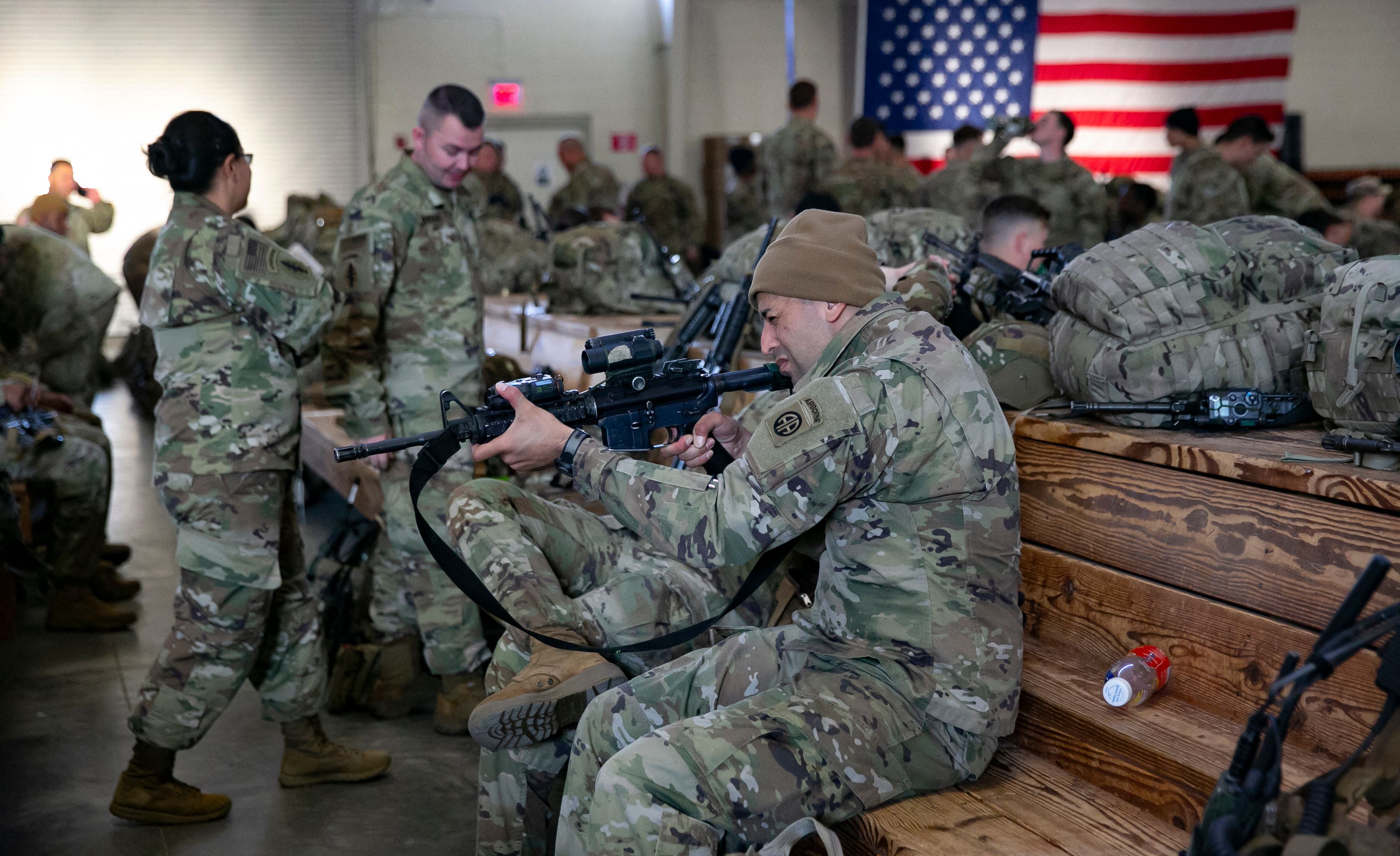
While the battle rages on the ground, international law and conflict scholars have fiercely debated on whether it constitutes a proxy war. The short answer is it depends on how the term is defined.
“Unfortunately for those who like their strategic concepts to be as precise as the best modern weaponry, ‘proxy wars’ lacks an agreed meaning and is used in different ways,” Lawrence Freedman, emeritus professor of war studies at King’s College London, wrote in a January essay published in the New Statesman.
“The basic idea is that you get someone else to do your fighting for you,” wrote Freedman, who argued that the concept did not apply to Ukraine.
But Hal Brands, a professor at the Johns Hopkins University School of Advanced International Studies, has said that is precisely what the United States and its allies are doing in Ukraine. “Russia is the target of one of the most ruthlessly effective proxy wars in modern history,” he wrote in an opinion column for Bloomberg shortly after the war began.
“The key to the strategy is to find a committed local partner – a proxy willing to do the killing and dying – and then load it up with the arms, money and intelligence needed to inflict shattering blows on a vulnerable rival,” Brands wrote. “That’s just what Washington and its allies are doing to Russia today.”
More recently, as the brutality of the war has increased, and after Ukraine scored some victories, Brands seems to have been won over, at least to the concept that a world in which Russia emerges victorious is a danger to all. “If nothing else,” he wrote for Bloomberg early this year, “this war has illustrated what a world without American power would look like, and what it looks like when America uses that unmatched power well.”
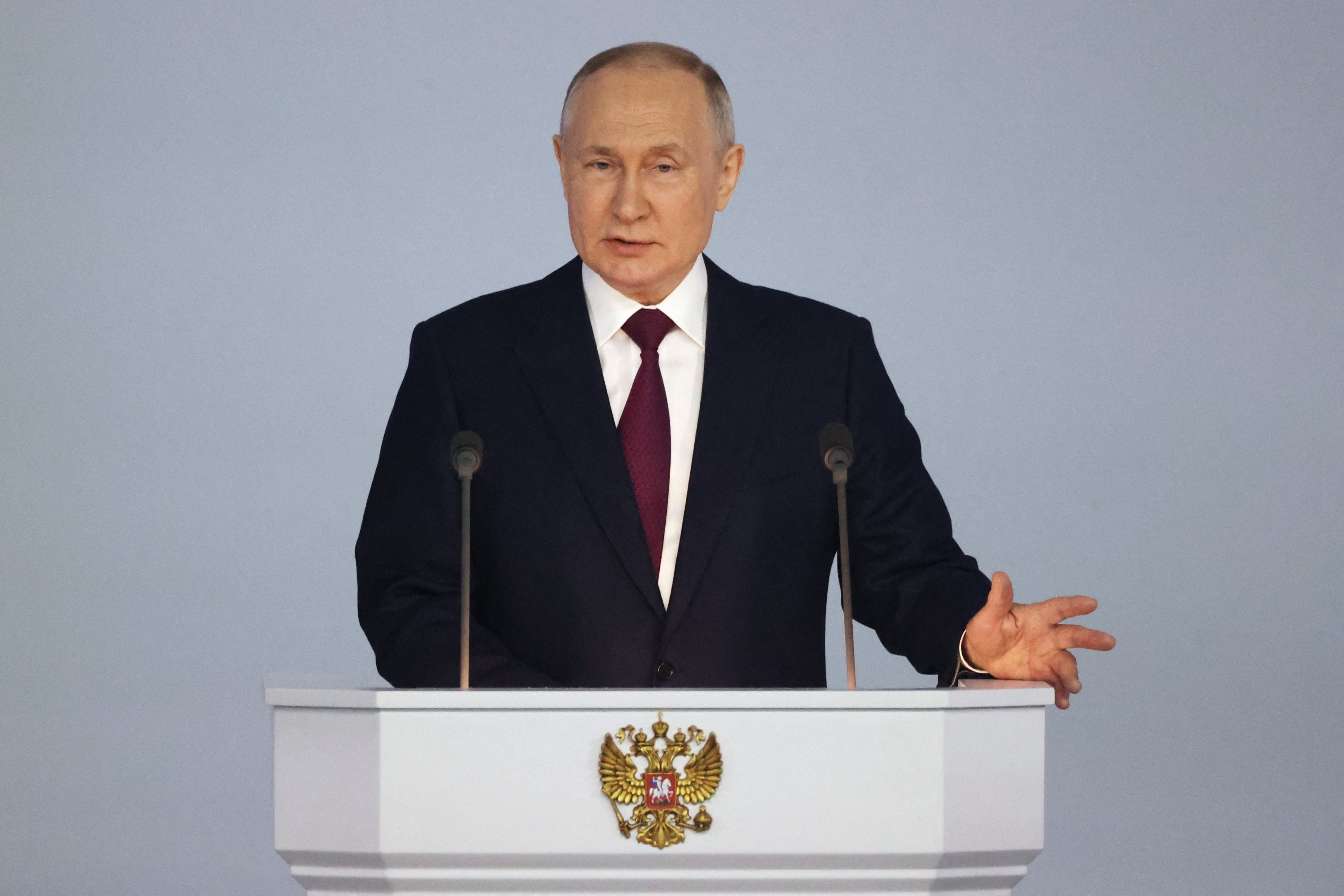
“A Ukraine left to its own devices would have quickly succumbed to President Vladimir Putin’s invasion,” he wrote. “It would now be suffering show trials, the execution and imprisonment of its leaders, and harsh punishment of anyone who resisted Russian rule.”
The United States didn’t “find” and enlist Ukraine to fight Russia, and it certainly doesn’t tell it what to do, according to Freedman. “The Ukrainian government sets the objectives and Ukrainian commanders are in charge of the operations.” Most important, US and Nato goals are defensive – protecting their own eastern flank from Russian expansion and ensuring that territorial gains cannot be won by force – rather than offensive. At the same time, Nato has a legitimate “interest in an act of blatant aggression being thwarted”, he wrote.
The last thing we need is Russia fragmenting and the fate of all those nuclear weapons being uncertain. We need a coherent Russian state, and we need a strong government in Moscow
Others apply a more technical explanation, noting that US support for the Nicaraguan Contras under the Reagan administration in the 1980s – including US assistance in the creation and active supply of a non-state force, overflying Nicaragua’s territory and covertly mining its harbours to overthrow the Sandinista government – was a classic proxy war. The International Court of Justice found in 1986 that the US harbour-mining and other activities had breached international law.
US support for Afghan mujahideen fighters against the occupying Soviet Union during the Cold War in the 1980s is widely considered a proxy conflict, as was backing for Libyan dissidents who overthrew the government of Muammar Gaddafi during the Obama administration.
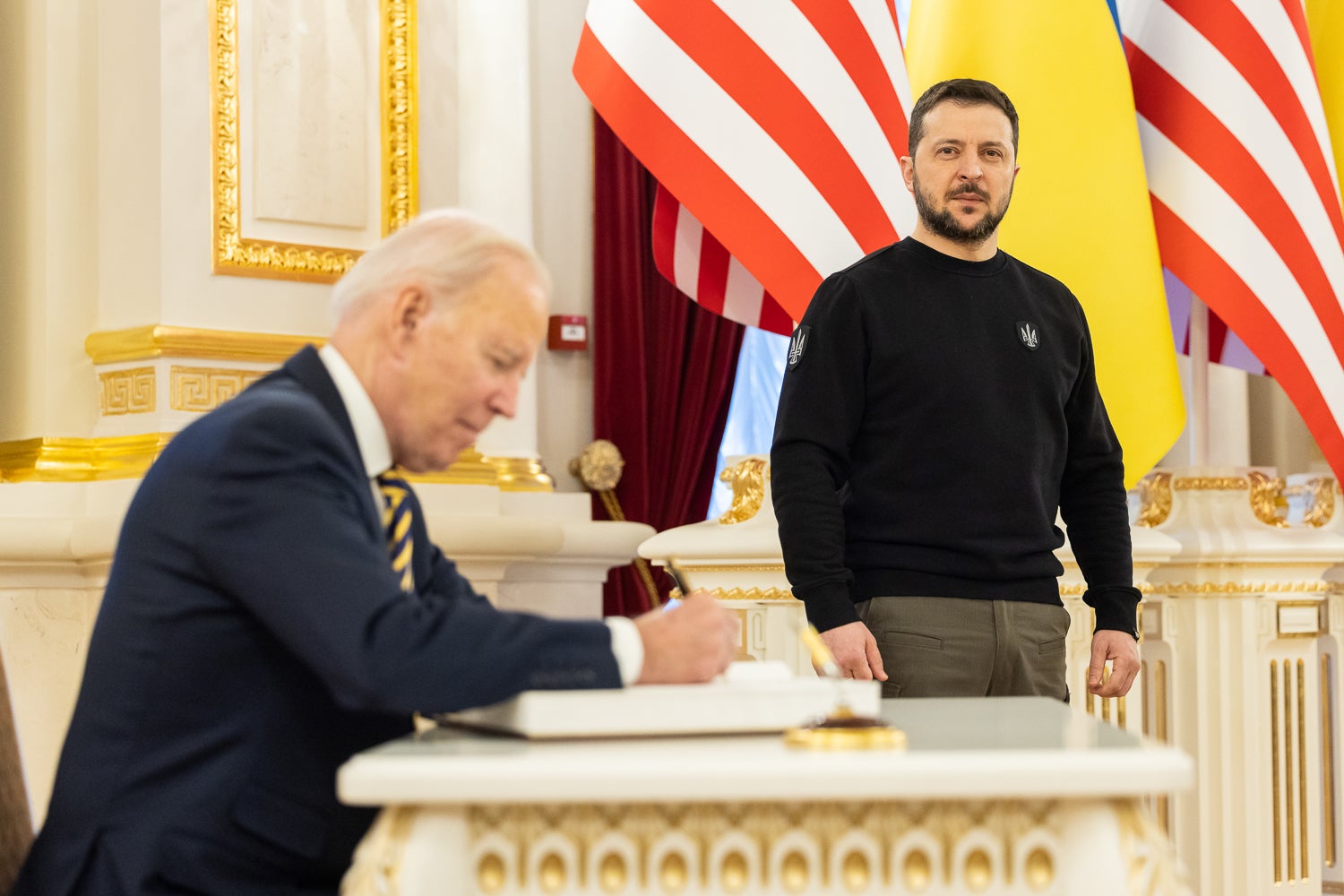
Regardless of its rationale for supporting Ukraine, the United States has made some useful gains in assessing Russia’s military capabilities, if only in seeing how a country that it defines as an “acute threat” operates in combat.
“I thought they would do better at combined arms manoeuvre than they did,” General Mark A Milley, chair of the Joint Chiefs of Staff, said in an interview, speaking of the early days of the invasion. “But they were just stumbling around.”
During offensives against Kyiv and elsewhere, Milley says, “it became obvious that the Russian military was not capable of sustaining themselves ... They couldn’t keep their vehicles from getting hit; they didn’t have maintenance on-site or the ability to deliver ammunition.
“I don’t want to underestimate, but it does give me more confidence. The Russian military is not as good as we previously assessed,” he said.
The leaked Pentagon documents reveal substantial Russian weaknesses, including the decimation of elite forces on the front lines – and show that US officials have been able to glean an extraordinary level of information about Russian operations, for example being able to count how many missiles are being loaded onto bombers and, in some cases, where they intend to strike targets in Ukraine.
But the Western allies have had their own problems, including keeping up a steady flow of weaponry and ammunition for Ukraine. “We don’t have a country on wartime mobilisation for industry,” Milley said. “The lesson really is sustainment rates. What does that mean to us? We are very deliberately re-evaluating our own stockage levels and industrial base relative to the war plans we have on the books for various contingencies,” including a potential conflict with China.
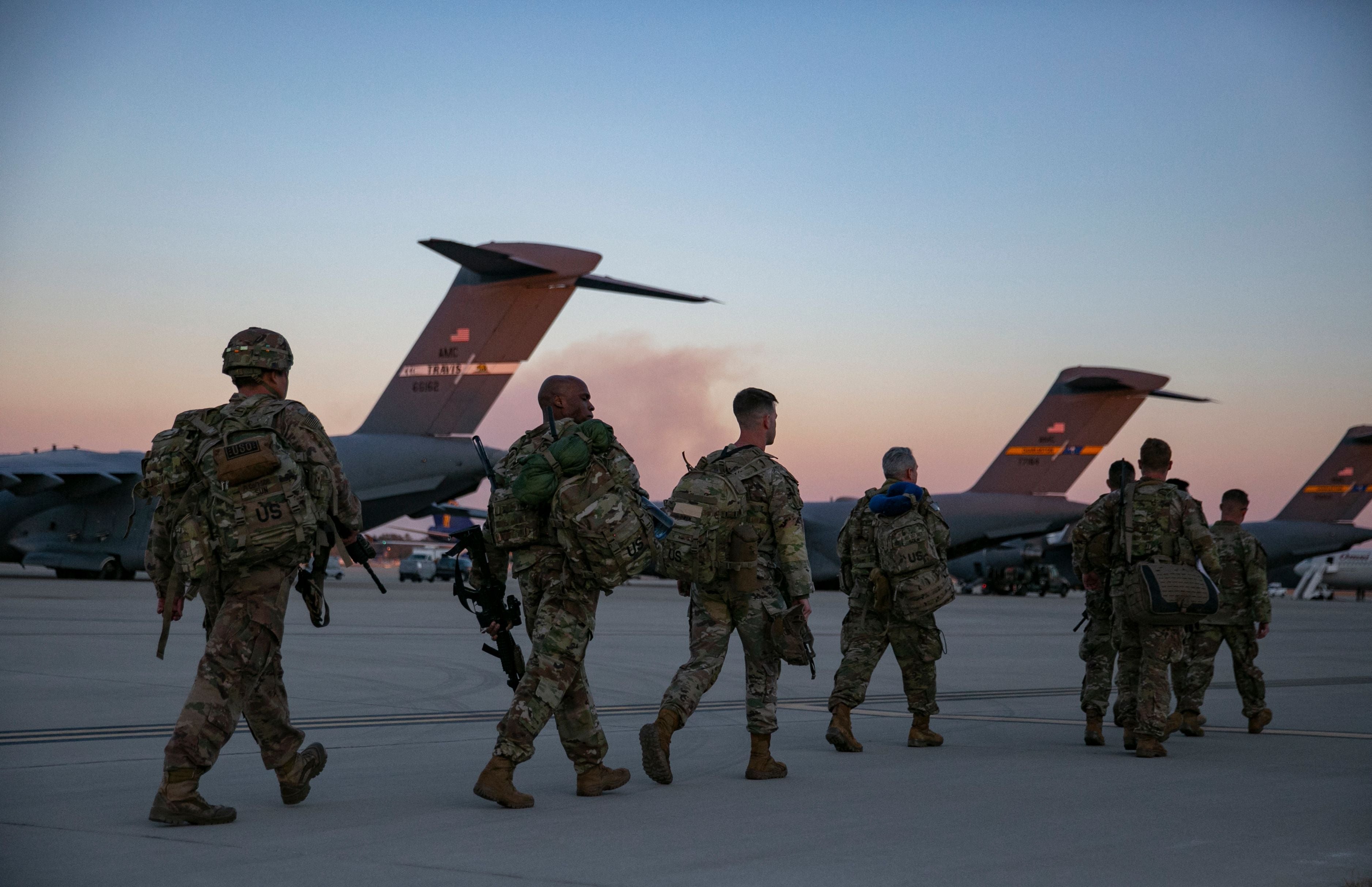
“Have we done the correct estimations of what the requirements are? They’ve been very high in this arguably small, limited war,” Milley said. “What would be the rates in a much larger war that the United States might be involved in?”
As they focus on the war currently confronting them, many US and Western leaders, while reluctant to voice it publicly, say they are convinced that workable relations with Russia can never be re-established as long as Putin is in power. But that does not mean, they say, that Putin is correct that their goal is to “finish” Russia.
“The last thing we need is Russia fragmenting and the fate of all those nuclear weapons being uncertain,” former US defence secretary and CIA director Robert M Gates said recently. “We need a coherent Russian state, and we need a strong government in Moscow.”
US aid has increased considerably this year as Ukrainian forces prepare to launch what is considered a crucial counter-offensive this spring. Asked what happens if Ukraine doesn’t succeed in pushing back Russian front lines and reclaiming significant territory, the Pentagon’s top official deflected.
They are always “looking further down the road”, Austin said. But “we want to make sure that they’re successful in this next fight. I think if you lose focus on that, some of the other stuff doesn’t matter.”
© The Washington Post






Join our commenting forum
Join thought-provoking conversations, follow other Independent readers and see their replies
Comments